INTEGRATION OF THE UN SUSTAINABLE DEVELOPMENT GOALS INTO THE DEVELOPMENT STRATEGY OF THE ALTAI REPUBLIC UNTIL 2035
Author: Safiyanov Denis Rinatovich
Abstract: This scientific article describes the problems and relevance of achieving the UN sustainable development Goals in the subject of the Russian Federation on the example of the Altai Republic.
Keywords: Sustainable development Goals; UN; Agenda 2030; Socioeconomic development; state Programs of the Russian Federation; Regional programs; Altai Republic; strategy of socio-economic development, Strategy 2035.
At the UN General Assembly on September 25, 2015, within the framework of Resolution 70/1 “Transforming our world: the 2030 Agenda for Sustainable Development”, the Sustainable Development Goals were adopted and set, covering a wide range of problems that are facing as developing both developed countries. The UN Sustainable Development Goals act as the fundamental Strategy for ensuring the universal well-being of mankind in a world built on the principles of sustainability in a world where all people could live a fruitful, active and peaceful life on a flourishing planet. And today, countries and their regions need to wonder whether our current actions are creating a solid foundation for achieving the Sustainable Development Goals (SDG).
The problem of achieving the SDG is relevant both within the framework of the international agenda and in connection with the tasks of socioeconomic development of the Russian Federation. Russia has actively participated in shaping the UN sustainable development agenda, taking into account its priorities, such as promoting sustainable industrial development, ensuring road safety, promoting healthy lifestyles, combating non-communicable diseases, expanding reliable access to basic services in the field of energy, transport, education, health care and social protection.
The relevance of the implementation task of the LRC in Russia is reflected in the Message of President RF to the Federal Assembly 2018 and in the decree of the President of the Russian Federation from may 7, 2018 No. 204 "On the national goals and strategic objectives development of the Russian Federation for the period up to 2024" (hereinafter – Decree No. 204) the government of the Russian Federation approved 12 national projects (programmers). Thus, the UN 2030 Plan is updated taking into account the targets of the Russian Federation. The tasks formulated in these documents in the following areas: health; education; demographics; housing and urban environment; international cooperation and exports; productivity; small business and support for individual entrepreneurial initiative; safe and quality roads; ecology; digital economy are correlated with the UN sustainable development Goals and it is extremely important to transform them into strategic planning documents.
The may 2018 Executive Order is a policy document that defines a strategic goal for a breakthrough in the country's scientific, technological and socio-economic development, including Russia's entry into the top 5 largest economies in the world, increasing the country's population and life expectancy from 72 to 78 years (up to 80 years by 2030), increasing the real incomes of Russians and halving the poverty level, improving the living conditions of 5 million families annually, creating conditions and opportunities for self-realization and disclosure of the talent of each citizen. It is planned that the goals set In the may 2018 Decree should be achieved by 2024 through the implementation of national projects in 12 areas of strategic development in the field of demography; health development (SDG 3); education (SDG 4); housing and urban environment (SDG 11); ecology (SDG 13, 14, 15); creation of safe and quality roads (SDG 9); increase productivity and employment support (SDG 8 and 9); development of science (SDG 9). 4, 6, 7, 8, 9, 11, 12, 13, 14, 15); digital economy (SDG 8 and 9); culture (SDG 4, 8, 9); support the development of small and medium-sized enterprises and individual entrepreneurial initiative (SDG 2, 3, 8, 9); development of international cooperation and exports. Some of the projects converted from existing 2016 priority projects in health, education, housing or a new, as, for example, in the field of digital economy.
For the implementation of national projects, a new project management system is being formed. In the government and federal executive bodies. This will be connected with the implementation of state programs, which will operate until 2018. were designed to form a budget. Preparation for the implementation of federal and federal projects will be carried out taking into account the goals defined by the May Index - 2018, and includes the activities of the State Program of the Russian Federation [2], the goals are achieved. The implementation of the “2030 Agenda” in the Russian Federation is in many respects connected with global efforts. Both countries have different economic and social situations, budgetary security and political space. Russia's national strategy is required to take into account this regional diversity. Russia has already taken important steps to ensure compliance with the requirements of the “2030 Agenda” and to adapt its approach to the national context, including the use of indicators and qualitative indicators, as well as the use of various structural structures to conceptualize the country's development aspirations Strategy for socio-economic development. It is clear that in order to carry out the social and economic transformations that are necessary to achieve the UN goals for 2030, much deeper, more dynamic and far-reaching efforts are required. UN advances suggest which measures are most successful. Therefore, those areas of activity that can become the driving force of progress in achieving all the 17 SDG occupy a prominent place, namely: financing; ensuring resilience; sustainable and open economy; increasing the effectiveness of institutions; local action; more optimal use of data; and combining the potential of science, technology and innovation with a more pronounced emphasis on digital transformation.
The UN reports formulated the thesis: "There is no security without development, but development without security." At the same time, development itself is conceived as an increase in well-being in the broad sense of the word: increasing the material wealth of citizens and eradicating poverty, improving the security of life of present and future generations, increasing the opportunities for maintaining physical and moral health, education and self-realization of a person. Achieving sustainable development of the country and individual regions is possible only in line with the innovation paradigm, which allows maintaining the competitiveness of the territory, necessary from the point of view of creating favorable conditions for society, and, at the same time, reducing the risks of depletion of natural resources and environmental destruction through the development of new, gentle technologies production and consumption, as well as increasing the resilience and environmental sustainability of settlements. The promotion of inclusive industrialization and innovation in the UN General Assembly resolution “Transforming our world: the 2030 Agenda for Sustainable Development” has been proclaimed one of the most important goals for sustainable development. The Altai Republic, as a constituent entity of the Russian Federation, must make every effort to ensure that the strategic decisions adopted serve the common interests and goals of the UN sustainable development, since they do not contradict the interests of the Russian Federation and the people of the Altai Republic. The center of the entire Strategy for the socio-economic development of the Altai Republic until 2035 is a person. Therefore, the main goal of the Strategy of the Altai Republic is to make it attractive for human life and development. At the international level, declare itself as an industrial, business and transport and logistics center of Russia. To achieve the UN SDGs, changes and additions are required to the Altai Republic Social and Economic Development Strategy until 2035, which is a national strategic planning document developed as part of the goal setting, defining the priorities, goals and objectives of the Altai Republic social and economic development, consistent with priorities and goals socio-economic development of the Russian Federation. Next, adopt an Action Plan detailing the strategic goals and objectives of the socio-economic development of the Altai Republic, which will be formulated on the basis of the UN Sustainable Development Goals. After to supplement and develop new targeted programs for the socio-economic development of the Altai Republic. And in order to monitor and control the implementation of the Strategy for the socio-economic development of the Republic of Altai until 2035, adopt the Law "On the Strategy for the Socio-Economic Development of the Republic of Altai".
Conclusion
Most states are faced with the need to respond in one form or another to the modernization challenge. Russia has definitely set its foreign policy at the service of long-term development and comprehensive modernization of the economy and society. In a polycentric world, effective international architecture can only be created if it relies on regional “building blocks”. Strengthening the regional level of global governance, the growing influence of regional organizations is an integral sign of the modern stage in the development of international relations. The inclusion of Russian regions in this process is an integral part of modern international architecture.


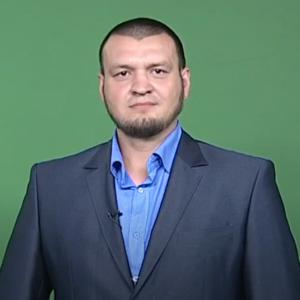
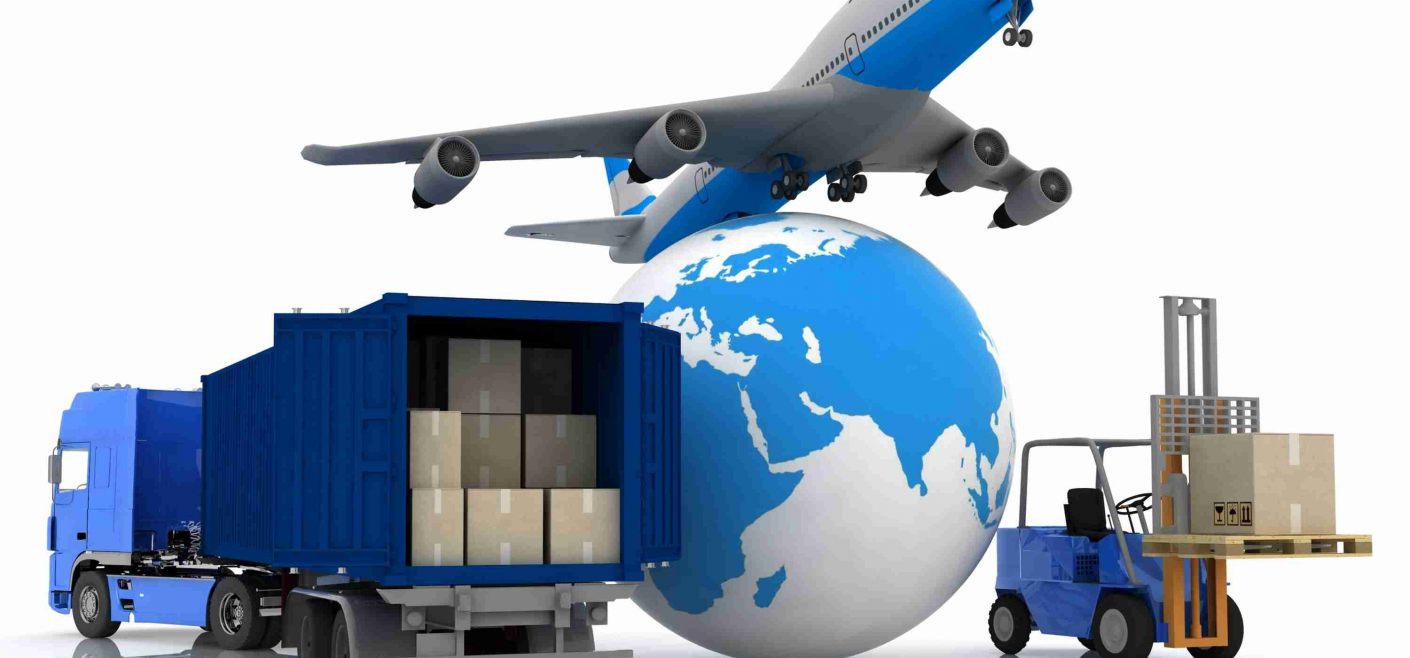
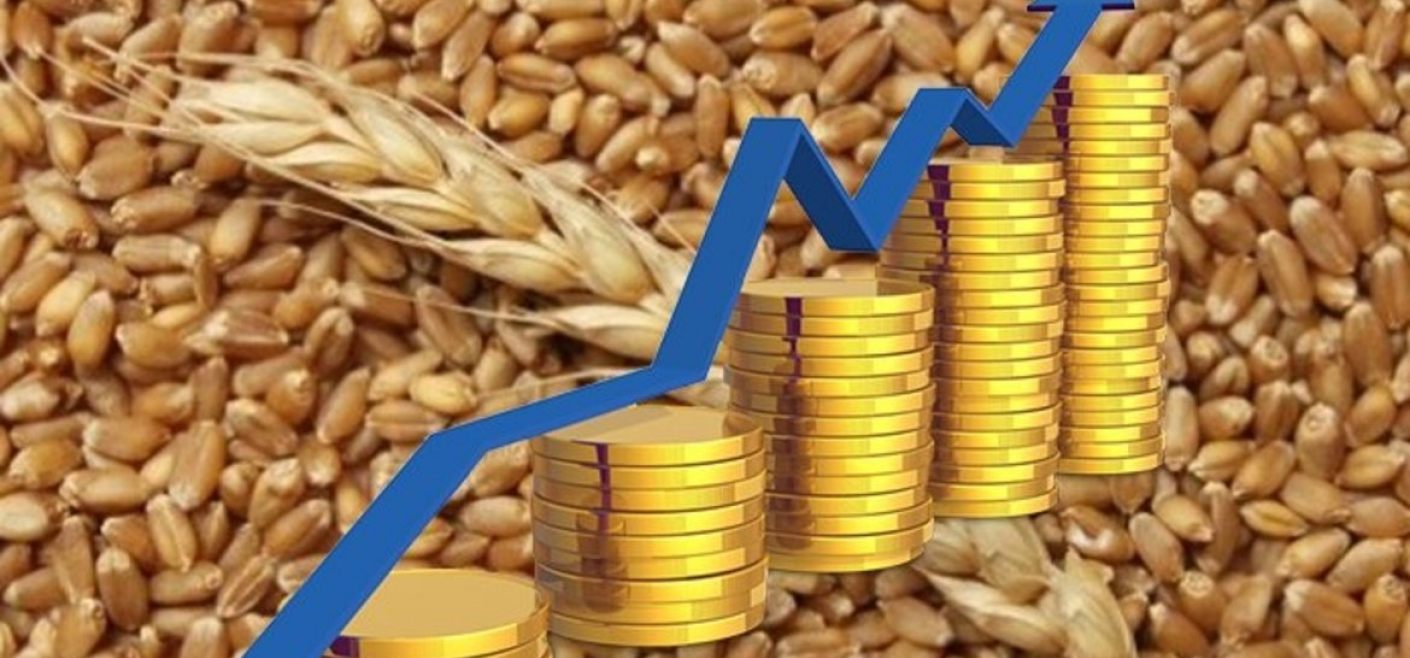
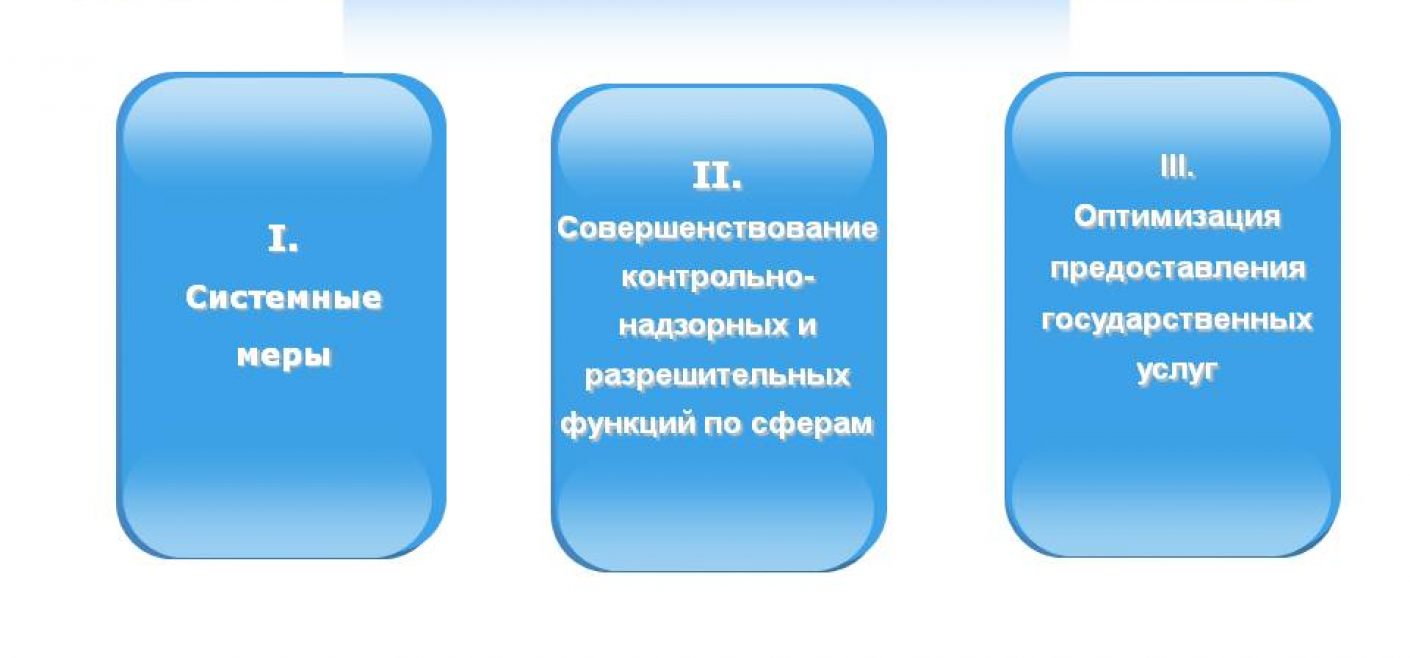
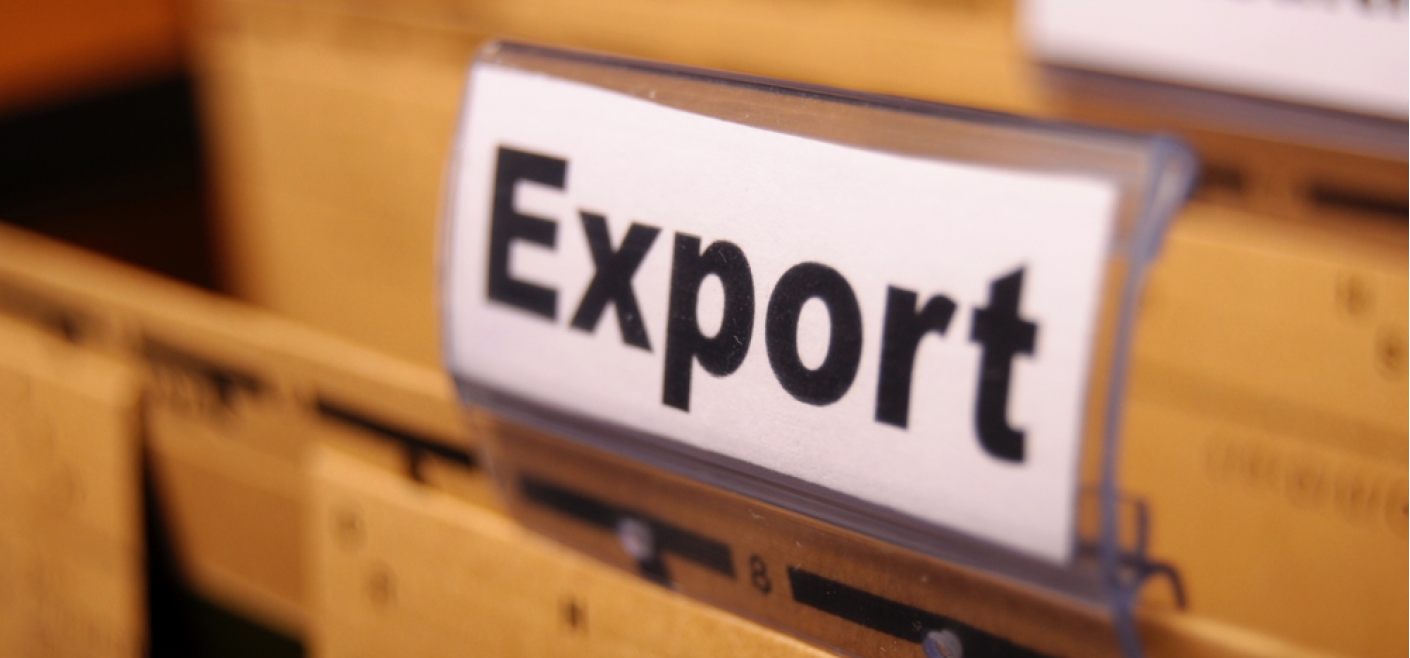


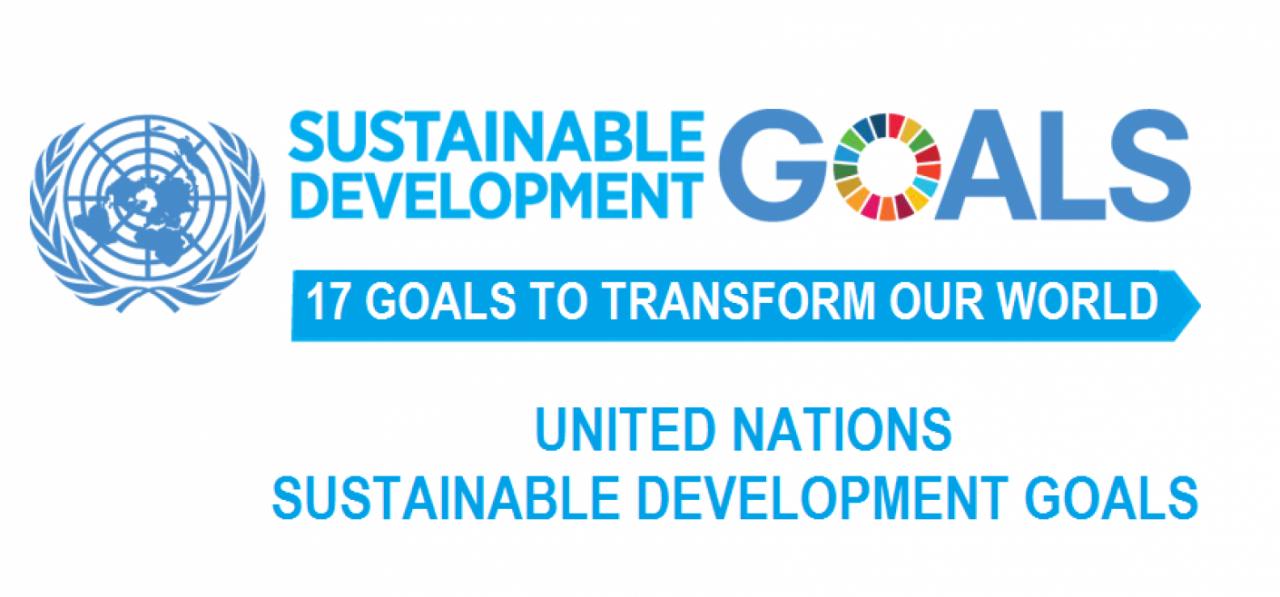
Комментарии 0